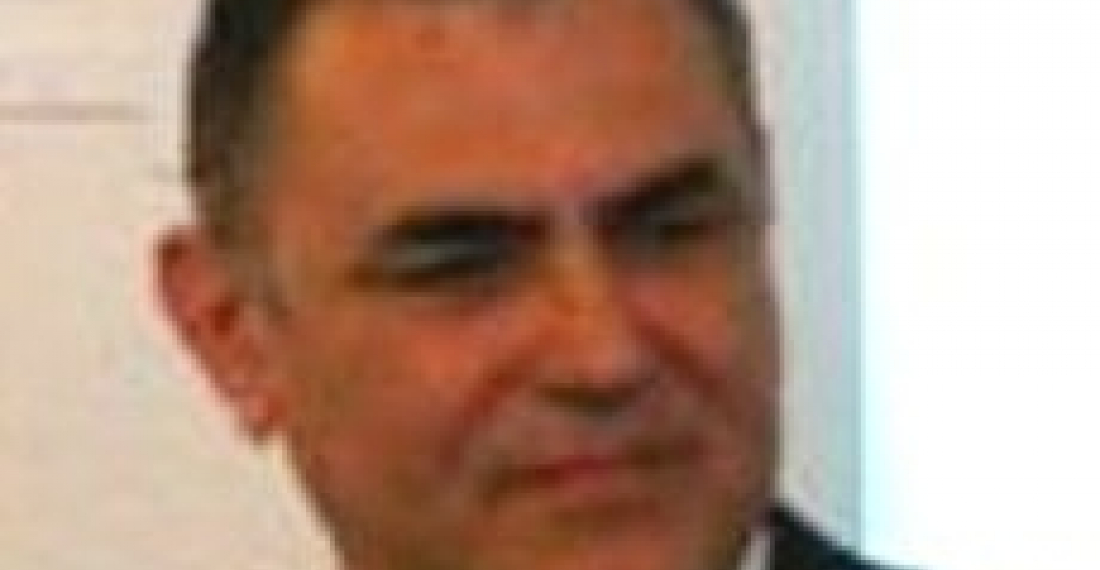The Director of the British NGO, LINKS, reflected on the end of 2012 and the start of 2013 and its implications for the Nagorno-Karabakh conflict settlement process in an interview with the Azerbaijani news portal, news.az, published on the 9th January.
How would you estimate 2012 for the Karabakh settlement?
It has not been a good year. There have been serious incidents on the line of contact and the atmosphere around the negotiations has been very negative. Contacts between the sides at a senior level have been minimal. So it is difficult to evaluate the year positvely.
We can take some comfort in the fact that the sides have continued to declare a willingness to negotiate. The best news from 2012 is that there seems to be readiness to discuss the problems in the Karabakh peace process more openly and there is more willingness to accept that something needs to be done quickly to give a new stimulus to the negotiations.
What may we expect from 2013 taking into account that it will be year of elections both in Armenia and Azerbaijan?
The supporters of the Presidents in both Armenia and Azerbaijan keep saying that the incumbent presidents are very popular and that they are going to win the elections easily. So in that case elections should not be an excuse to either stop or slow down the negotiations. In fact negotiating peace should help win the election for any candidate. If that is not the case then there is something wrong.
Elections apart I feel we are already in "extra time". If things do not get better in 2013 they will get worse. I do not think the present situation is sustainable.
The Minsk group co-chairs are hugely criticized by the conflict sides, mostly Azeri side. What should be done to ensure breakthrough in the peace process?
The Minsk Process is not perfect, and the co-chair countries may have not approached the issue in the optimal way. But the biggest responsibility for the failure so far is with the two sides in the conflict and I think everybody understands that. Two weeks ago in Brussels I spoke about this issue and suggested that a "big gesture" was required at this point, and this could be the convening of the "Minsk Conference" the original framework envisaged in 1992 for taking forward the peace negotiations. For this to work both sides will need to accept a timeframe and rules for this to happen and be fruitful. Not everybody likes this idea, but I have not heard of any better ones yet.
Armenians want to launch a new airport in Karabakh. Baku and co-chairs have already condemned these plans. How may this step (if it would be taken) affect the situation in the region?
I am against isolationism. The Armenians in Nagorno-Karabakh feel like a community under siege and this does not help create an atmosphere of peace. The operation of the airport in itself is not a bad idea. What could be a bad idea is if the opening of the airport is interpreted as a political victory that somehow adds credence to the Armenian position of the status of Nagorno Karabakh. I think we need to separate the two issues.
I personally consider the opening of the airport from a humanitarian perspective and so have a more open mind about it. It could be opened under some kind of international supervision and used purely for civilian traffic.
The EU has expressed a wish to be more active in the Karabakh settlement with some "confidence building measures". Do you believe in success of this activity? Is the EU able to bring a fresh breath to the peace process?
The European Union is emerging as a crucial partner for both Armenia and Azerbaijan on a wide range of issues. It has expressed a willingness to contribute towards the resolution of the Karabakh conflict. Confidence building measures are one way in which it can do this.
We expect to hear clearly from both sides if they want more EU involvement in the Karabakh conflict resolution process or not. This can happen without changing the present format of the negotiations. The EU can only contribute effectively if both sides agree that it should be involved. I repeat we have to hear this clearly from both sides. If they do not say it we have to assume that they do not want this involvement.
F.H.
News.Az







